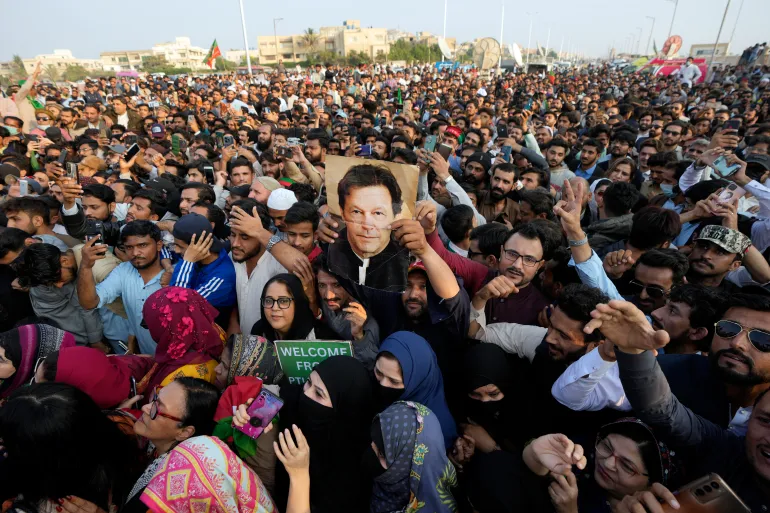On Thursday, Pakistani voters will cast their ballots under a severe economic crisis. The percentage of people living below the poverty line is around 40%, the rate of inflation is currently around 30%, and the debt-to-GDP ratio has increased to 72%. These, together with an aging public infrastructure, will be challenges for Pakistan’s incoming government.
“We experience two-hour power outages every day,” claims Islamabad janitor Muhammad Waqas. “You sit around doing nothing and getting sick in the summer.”
Similar to other state-owned businesses, Pakistan’s National Transmission and Despatch Company is vulnerable to failure since it has not been able to attract investment from succeeding administrations.
More recently, Pakistan’s growth prospects were hampered by the COVID-19 epidemic and problems with the electricity supply, which also limited the country’s ability to shift its export base from low-value goods like rice and cotton to higher-value commodities.
Meanwhile, monsoon floods in late 2022 caused $30 billion in damage and eight million people to be evacuated from their homes. The nation’s textile industry, a major source of exports, was severely damaged by the loss of cotton crops. Pakistan’s growth rate most likely entered negative territory in 2023.
Pakistan constantly reports significant trade deficits since a big portion of its food and gasoline are imported. Due in part to high commodity prices, foreign exchange reserves decreased to less than one month’s worth of imports in May of last year, which resulted in shortages of essential supplies.
The month later, Islamabad just missed going into default when it obtained a $3 billion loan from the IMF, its 23rd financing program since 1958. But the loan package included contentious measures and tight requirements.
The government agreed to put additional tariffs on its struggling electricity industry as part of the agreement. Additionally, it consented to reduce utility subsidies, which sharply increased the cost of electricity and disproportionately affected lower-class people.







